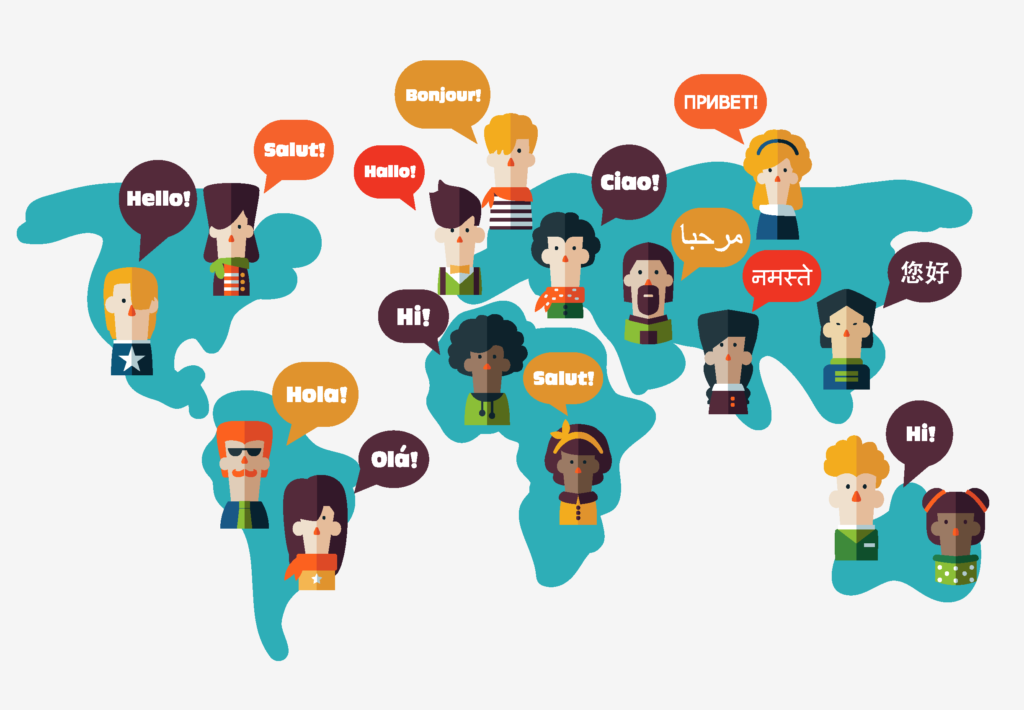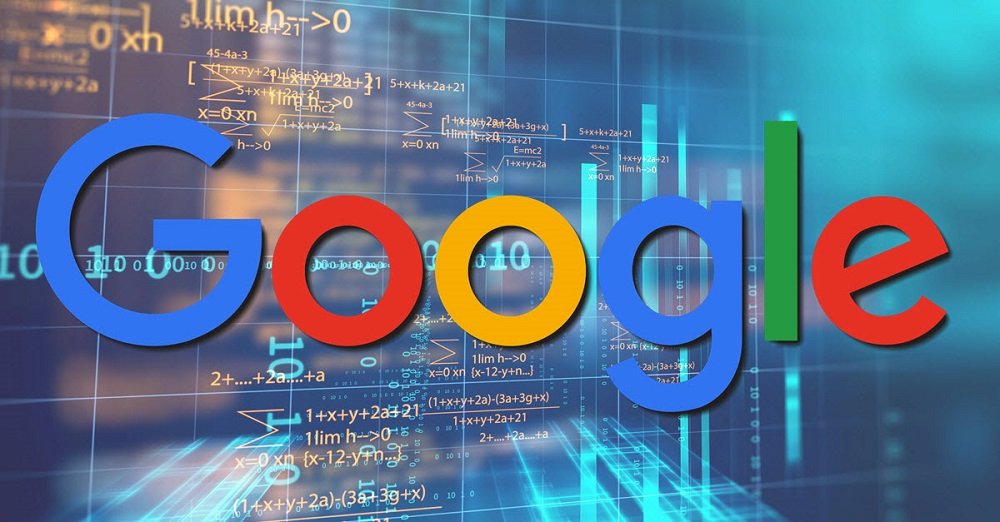As tech giants compete to regulate the next major battlefield on the internet, Google stated on Wednesday that it wanted to develop artificial intelligence using the top one thousand languages spoken worldwide.
AI advancements depend on data, and Google and its large tech competitors want to use data to improve the functionality of their products and make them more accessible to as many people as possible.
Think of a new Wolof-speaking internet user in Africa. using their phone to inquire about the location of the closest pharmacy,” claimed Johan Schalkwyk, a Google researcher.
According to Schalkwyk, these scenarios “we take for granted,” and languages are “not available to everyone in the world.”
Globally, there are more than 7,000 languages, claims Schalkwyk.

Google, however, only provides translations for about 130 of them.
The world’s largest search engine wants to significantly expand this and mine data in new languages not only from online texts but also from videos, images, and speech.

Additionally, the group is attempting to gather audio files for languages for which there may not be a lot of written resources.
Google intends to incorporate new developments made on the project, which is expected to take several years, into its products like YouTube and Google Translate.
No Language Left Behind is a similar initiative by Facebook parent company Meta that aims to develop translation tools for hundreds of world languages.
Pavan Manzoor is an experienced content writer , editor and social media handler along with a track record of youth-oriented activities in Pakistan and abroad. She was selected as a fully-funded delegate as a leadership fellow in Turkey. She also led a team of 5 volunteers at the week-long Young Professionals Fellowship in Maldives. She is also a member of the Youth Standing Committee on Higher Education.










